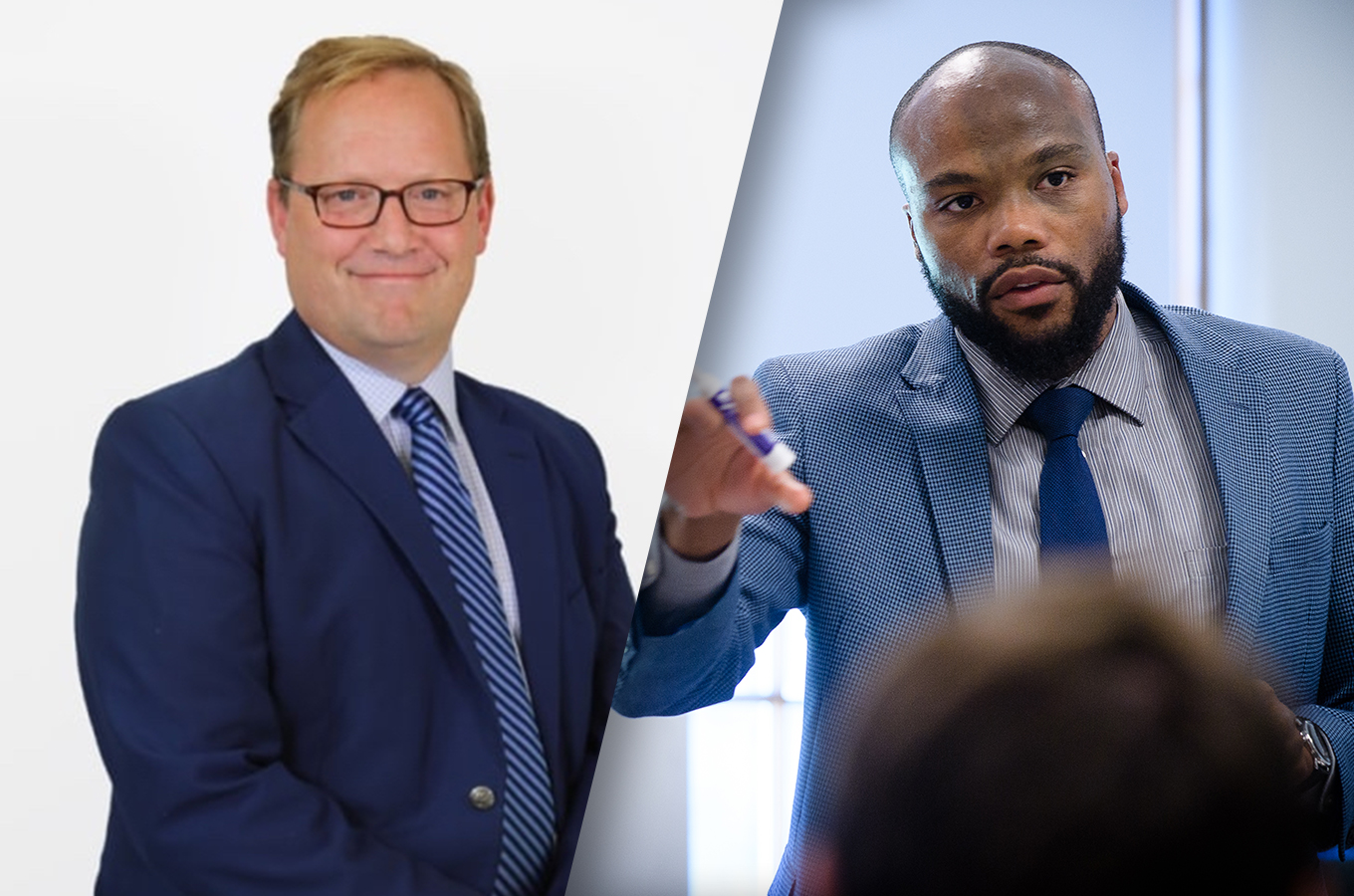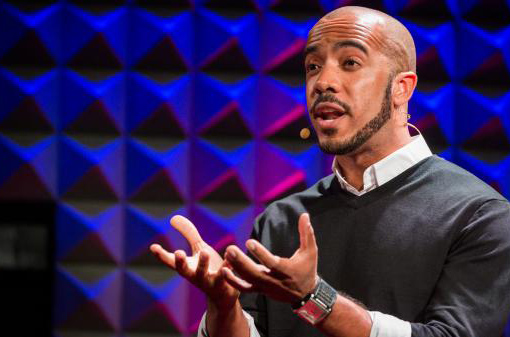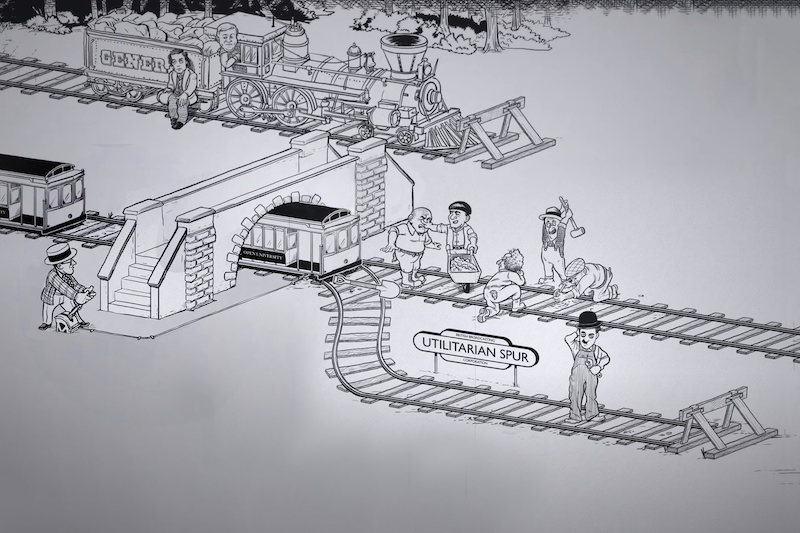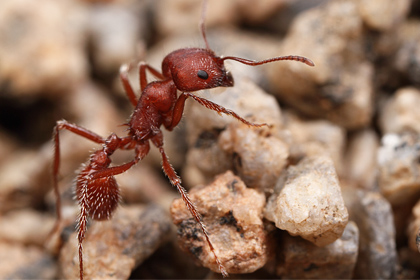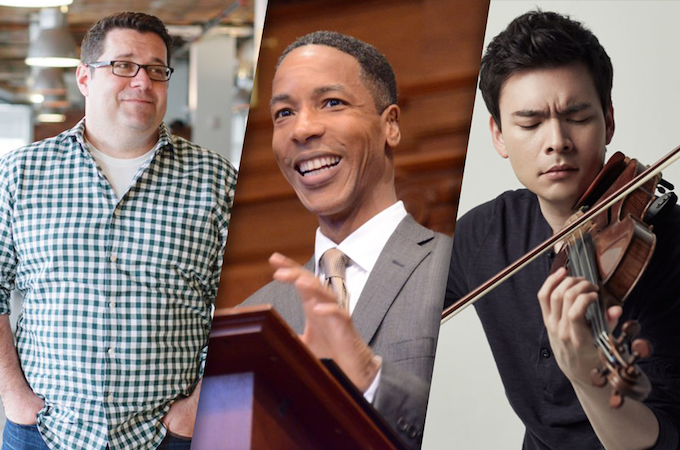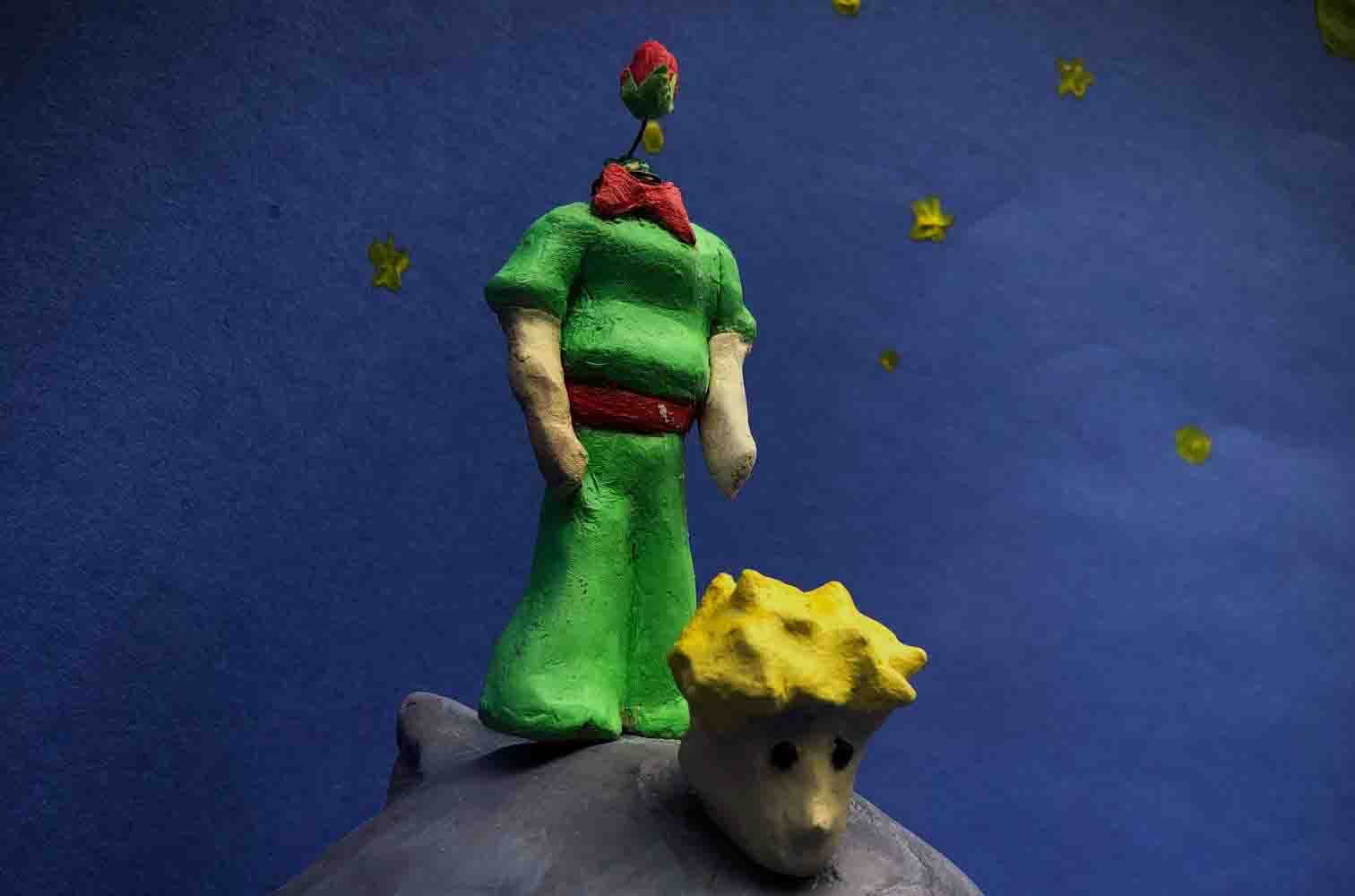On May 17, the Roxbury Latin Innovation Exchange hosted its final meeting of the year, welcoming Sam Miller ’04, the Founder and CEO of Proteus Motion and creator of the Proteus system—the only 3-D resistance training, hardware-software system in the market—to speak to students and faculty about his experience of starting a company, and to share lessons he learned and the entrepreneurial tools he honed while founding Proteus. Before discussing his company, Mr. Miller started from the beginning, chronicling the steps of turning an idea into a product and a company.
“My first bit of advice is to always be learning,” says Mr. Miller. “Completely open yourself to new ideas, new understanding, and new approaches, and have a flexible mindset. Second, separate yourself from your ego. There is no room for your ego in this process. Third, rigorously test your assumptions and beliefs; deeply understand what your beliefs are; and stand by them at all times. You will be challenged in a lot of different areas and from a lot of different directions. Fourth: Crazy ideas are a good thing, right? You’ve got to remember that when the future becomes the present, very few things actually seem crazy.”
“Finally? This is a marathon. Overnight success is not a real thing—it does not exist. Except for maybe a few exceptions here or there, this is a total marathon, a million little steps. Some of those steps go up, and some of those steps go down, but you’ve always got to keep your eye on the summit, on where you’re headed.”
Mr. Miller’s story began when he was 16 years old, and a student at Roxbury Latin. His father, who had worked at MIT since the early ’90s, had developed the concept of a mechanical system or structure that would allow for exercise in three dimensions.
“It was this crazy machine that he was developing in the basement of a house in the suburbs of Boston,” says Mr. Miller. “Parallel to that, I was a pretty decent athlete—nothing special, but I was playing a lot of sports and going through my own rehabilitation process. I had a knee condition called Osteochondritis Dissecans, which is very painful. I went through long stints of physical therapy. That whole time, I was extremely frustrated with the equipment I was using during physical therapy, which had me doing leg extensions on a machine. I was thinking, ‘How does this translate to what I’m doing?’”
At the time, Mr. Miller’s sport was soccer. His doctor would send him on his way with a list of exercises, but no additional information, no accountability, and nothing to measure progress. Mr. Miller felt powerless, at the mercy of the experts and their decades-old processes for training and rehabilitation.
“Fast forward a few years,” says Mr. Miller. “I graduated from RL and went to Vanderbilt to study engineering. I had always dabbled in design, but I was a generalist. When I had a few years of professional experience under my belt, I could not stop thinking about taking this concept that my father had been developing at MIT and redesigning it, digitizing it. I was super naive about it. In 2015 I literally quit my job one day and thought, ‘Hey, I’ve got a great idea. I’ll go out and raise a bunch of investment dollars, and we’re just going to take this product to market.’ I couldn’t have been more wrong.”
For nearly a year and a half, Mr. Miller pushed his idea to fruition. It would take 15 months to raise his first dollar of investment. Now Proteus is growing exponentially. To date, the company has raised close to $10 million, employs 30 workers, and has doubled the number of its machines in the world: There are 60 now; Mr. Miller expects 150 by the end of this year and more than 1,200 next year.
“We feel like we’re on a rocket ship,” says Mr. Miller. “Through this process, we’ve focused on elite level athletes as a way to gain leverage and marketing cache. We’ve taken a similar approach on the investment side. We’ve been successful in attracting some really exciting investors who were actually willing to put money behind this and say, ‘I believe in you, I believe in the vision, I believe in the team to execute.’”
Investors in Proteus include Stacey Griffith, a founding instructor at Soul Cycle; Major League Baseball Hall of Famer Dave Winfield; John Kosner, the former Head of Digital at ESPN; former commissioner of the NBA, the late David Stern; and even Paul Byrne, the former President of Precor, the man responsible for bringing the now-ubiquitous elliptical machine to market.
“Paul likes to remind me,” says Mr. Miller, “’Hey, when we came out with the elliptical, we had to drive it around in a van. Nobody knew what it was, but once they got on it, they understood it.’ And it became the best-selling fitness product of all time. It’s very similar to what we’re doing at Proteus, but with a software component attached to it.”
After his presentation, Mr. Miller took questions from students and shared insights into manufacturing, industrial design, customer service, marketing, and dealing with setbacks during the startup process.


